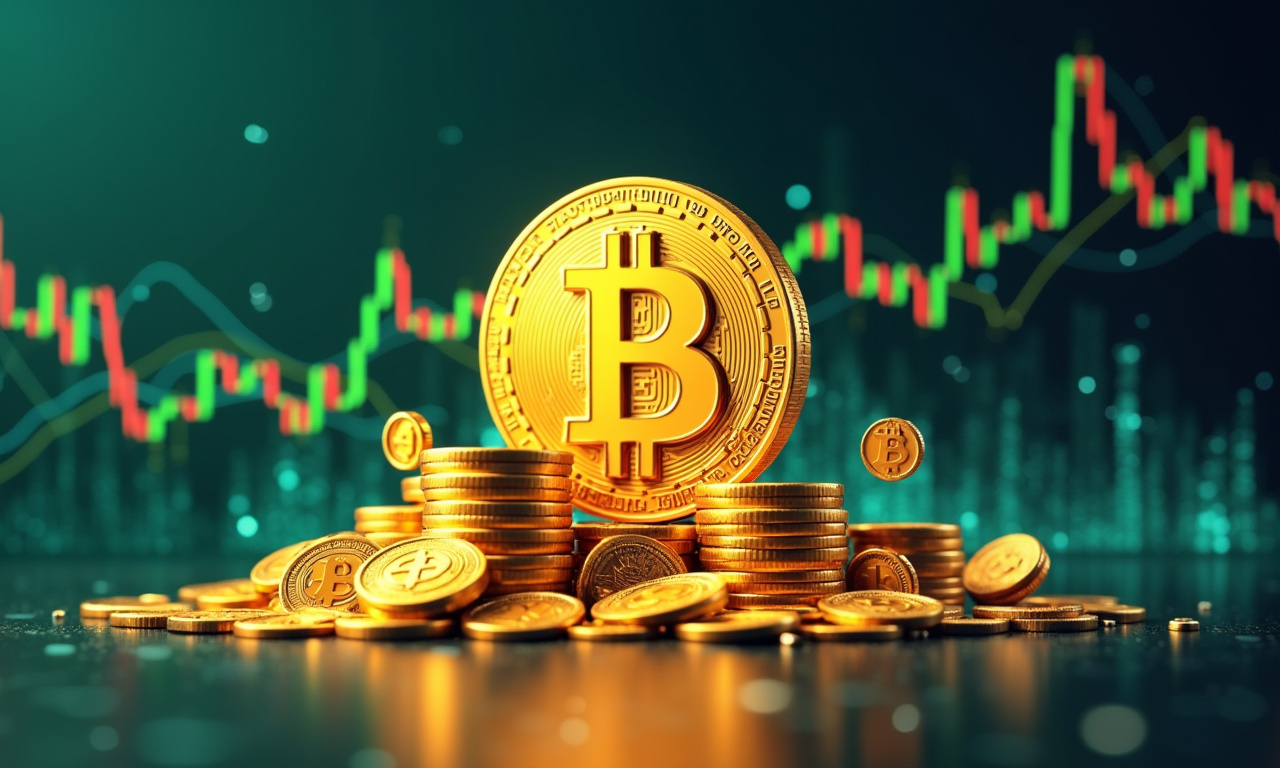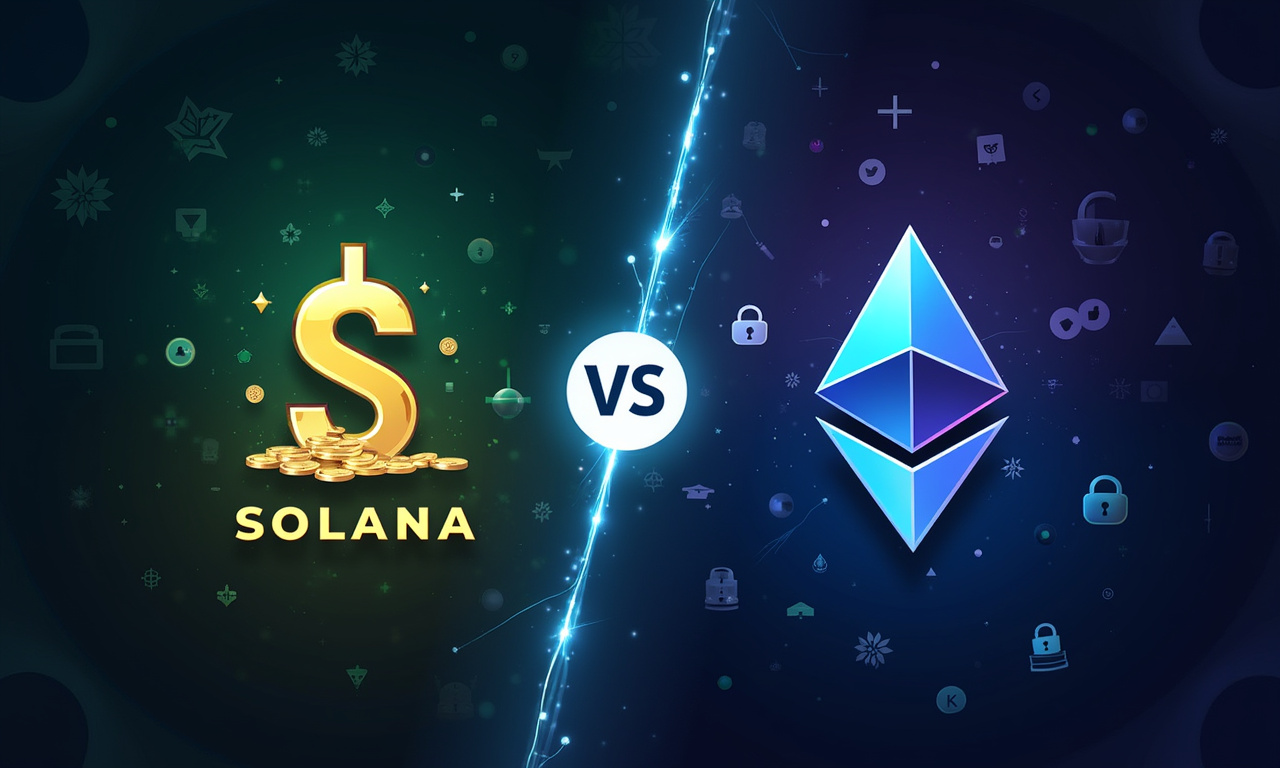
Okay, Ethereum's hitting new staking highs, again. A staggering 35 million ETH is already stashed away. Whales are each scooping up coins as soon as they’re vacuumed out. It already feels a bit like Party Central. A lot of discussion going on these days about a price boom, a moonshot to 3k, 3,600 perhaps. And look, I get it. We all want to believe. But hold on a second there. Before we start popping champagne, let's ask ourselves: is this staking boom a genuine sign of long-term health, or are we just watching a high-stakes game of whale manipulation unfold?
Whale Games Or Genuine Belief?
That's the million-dollar question, isn't it? Or, in this case, the multi-billion-dollar question. ETH accumulation from whales has been enormous, particularly that single-day inflow on June 12th – largest in 2017. That's a headline grabber. It's tempting to think these guys know something we don't. Maybe they're privy to insider information, or maybe they simply have the foresight to see Ethereum's true potential.
Think about this: Whales aren't charities. They're driven by profit, plain and simple. Remember the South Sea Bubble? Tulip Mania? History is riddled with examples of market manipulation disguised as real investor boomtown excitement. Could this be a similar situation? Are whales intentionally pumping up the price to create FOMO? Because they want to dump their positions on dumb retail investors.
It's not beyond the realm of possibility. It’s a pretty bleak picture, and in many ways, that is what makes it so valuable. After all, 800,000 ETH stored up in one week can easily be sold all in one week. We should all be asking whether we’re witnessing organic growth or a well-planned pump-and-dump in sheep’s clothing. And then… After the whales make their desired return on investment. Are you prepared for the potential fallout?
Staking Centralization Threatens Decentralization?
Let's talk about staking itself. That’s all good and well, except for the fact that more people locking up their ETH and taking it out of circulating supply should theoretically drive the price down. Who's doing the staking? Is it a dynamic entrepreneur class, or is it an industry largely dominated by a handful of major players? The answer, unfortunately, leans towards the latter.
The centralization risk posed by the concentration of staked ETH is even worse. Ethereum's supposed to be a decentralized network, but if a handful of whales control a significant portion of the staked ETH, they effectively control a significant portion of the network's power. This unfortunate circumstance has the potential to enable these whales to disproportionately impact network governance. They would be able to subvert consensus mechanisms and in some cases even censor transactions.
Decentralization is indeed the central promise of blockchain technology. If we lose that, then we may as well make Ethereum a permissioned chain, where the few entities with real power can make decisions safely without a decentralized ecosystem. Are we really okay with that? This goes beyond just investment. This is about the future of the technology itself.
Regulations Loom, Ecosystem Stability At Risk?
Regulatory interest in staking by governments globally. Over the last several months, governments worldwide – including the U.S. They’re struggling with how to define it, how to value it, and how to manage it.
And the prospect for heavier-handed regulation is indeed very real. What happens if regulators backtrack on staking rewards? What if they decide to require a multitude of burdensome registration requirements on validators? What if they make the determination that staked ETH is a security? This would then place it under an entirely different set of guidelines and codified regulations. Any one of these scenarios would be catastrophic to the staking ecosystem, but it’s the combination that is particularly terrifying.
- Stricter regulations could reduce staking rewards.
- It could make it more difficult for validators to participate.
- It could scare off institutional investors.
The higher trading volume, as of this writing up 22.24%, tells me that just as many folks are jittery as well. They’re hedging their bets, planting their flags, cashing out, and/or preparing for the Apocalypse.
We should be cognizant of the dangers and temper our enthusiasm with caution. Staking isn't a guaranteed path to riches. It’s an investment, like any other, and it is just as exposed to market volatility, regulatory uncertainty and the whims of whales. Before you hop on the bandwagon, be sure to do your own homework and understand the risks involved. As always, invest responsibly and never invest more than you can afford to lose. For that, once you get down to it, this “rally” could be nothing more than a red herring in the cetacean olympics.

Tran Quoc Duy
Blockchain Editor
Tran Quoc Duy offers centrist, well-grounded blockchain analysis, focusing on practical risks and utility in cryptocurrency domains. His analytical depth and subtle humor bring a thoughtful, measured voice to staking and mining topics. In his spare time, he enjoys landscape painting and classic science fiction novels.








